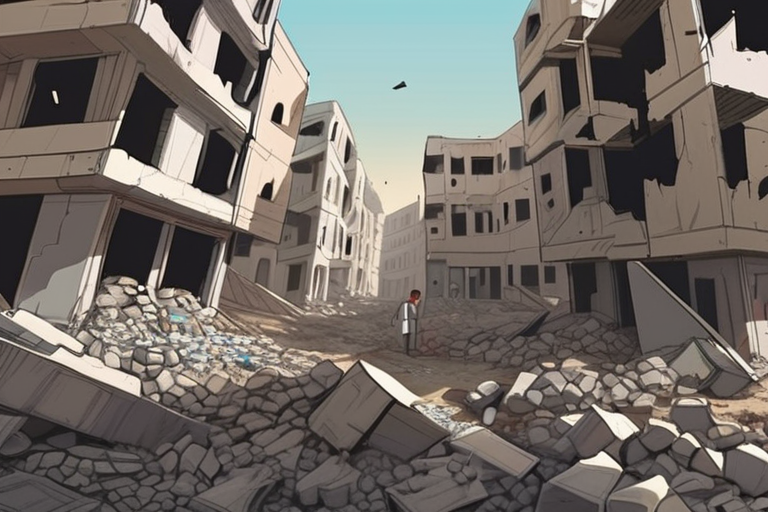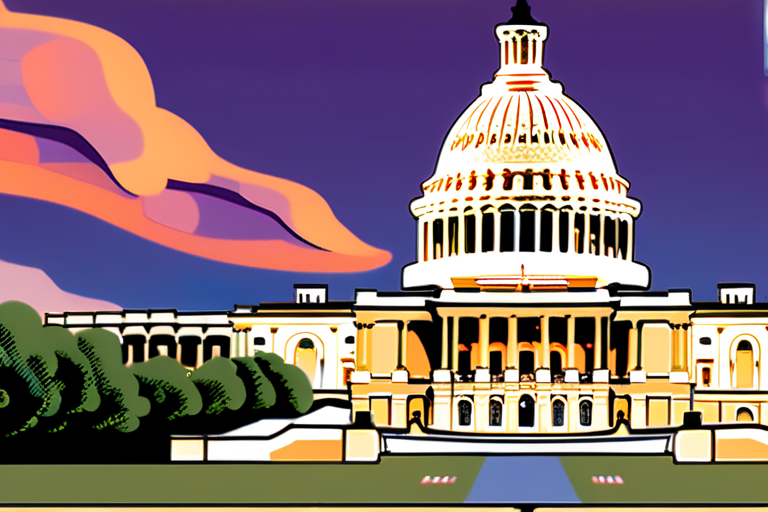

Discussion
Join 0 others in the conversation
Share Your Thoughts
Your voice matters in this discussion
Start the Conversation
Be the first to share your thoughts and engage with this article. Your perspective matters!
More Stories
Discover articles from our community

AI Unlocks Secret to Next-Gen Batteries: Millions of Options Narrowed Down to Promising Few
 Hoppi
Hoppi

Blade Runner makes its live-action return next year
 Hoppi
Hoppi

Job titles of the future: Satellite streak astronomer
 Hoppi
Hoppi

TikTok Expands DM Capabilities with Voice Notes and Multi-Media Sharing
 Hoppi
Hoppi

US House Committee Unveils 33,295 Epstein Files Amid Calls for Transparency
 Hoppi
Hoppi

NHL Milestone Alert: 10 Players on Cusp of Historic 1,000 Games Mark
 Hoppi
Hoppi

AI Unlocks Secret to Next-Gen Batteries: Millions of Options Narrowed Down to Promising Few
AI's Speedy Search for Better Battery Materials Yields Promising Results In a breakthrough that could revolutionize the way we power …

Hoppi

Blade Runner makes its live-action return next year
Blade Runner Makes Live-Action Return Next Year on Amazon Prime Video LOS ANGELES - Blade Runner, the iconic sci-fi franchise, …

Hoppi

Job titles of the future: Satellite streak astronomer
Satellite Streak Astronomer: A New Job Title Emerge in the Field of Astronomy LOS ANGELES - As the Vera Rubin …

Hoppi

TikTok Expands DM Capabilities with Voice Notes and Multi-Media Sharing
TikTok Expands Direct Messaging Capabilities with Voice Notes and Multi-Media Sharing TikTok announced on Friday that it is rolling out …

Hoppi

US House Committee Unveils 33,295 Epstein Files Amid Calls for Transparency
US House Committee Releases Thousands of Epstein Files Amid Calls for Transparency In a significant development, the US House Oversight …

Hoppi

NHL Milestone Alert: 10 Players on Cusp of Historic 1,000 Games Mark
NHL Milestone Looms: 10 Players on Brink of 1,000 Games As the 2025-26 NHL season prepares to drop the puck …

Hoppi
